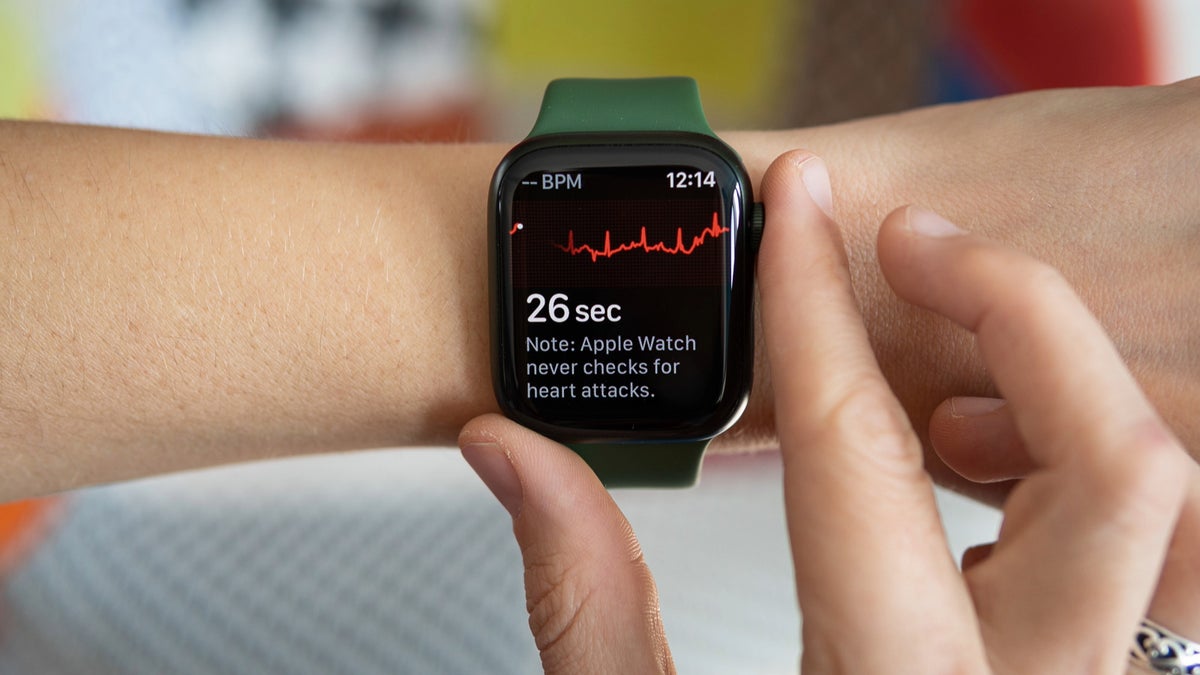
The Medical Device Development Tools (MDDT) program of the United States Food and Drug Administration (FDA) has approved the Apple Watch’s atrial fibrillation (AFib) history feature, which keeps track of and notifies the wearer of relevant heart events. This is the first of its kind for a “digital health technology.” According to 9to5Mac, this means that the Apple Watch can now be used in clinical research that requires approximations of the wearer’s atrial fibrillation duration while wearing the device.
According to the FDA statement, it can be used as a non-invasive method of gathering data both before and after treatment. The FDA stated that the device was designed to serve as a biomarker test to assess estimates of the burden of AFib as a secondary effectiveness endpoint in studies aimed at assessing the efficacy and safety of cardiac ablation devices for treatment.

Apple has long marketed its watch as a wearer’s lifesaver It has been said that certain features, like fall and auto accident detection, have helped save lives. In its marketing, Apple frequently uses user testimonials from Apple Watch wearers who indicated that they consulted their doctors after getting heart-related notifications on their wrists, which may have saved their lives. But on the other hand, anxiety through further that information might also be harmful.
Starting with the Series 4 in 2018, the FDA had previously approved two Apple Watch functions to be sold directly to consumers as wearables with an electrocardiogram that could detect abnormal heartbeats. Additionally, it clearly stated that the apps are “not intended to replace traditional methods of diagnosis or treatment” and that you should still see a licensed physician if you feel unwell or have any questions. According to one study, the treatments for certain disorders may not be appropriate for the average Apple Watch wearer, and the watch itself cannot diagnose conditions.
Discover more from TechBooky
Subscribe to get the latest posts sent to your email.














